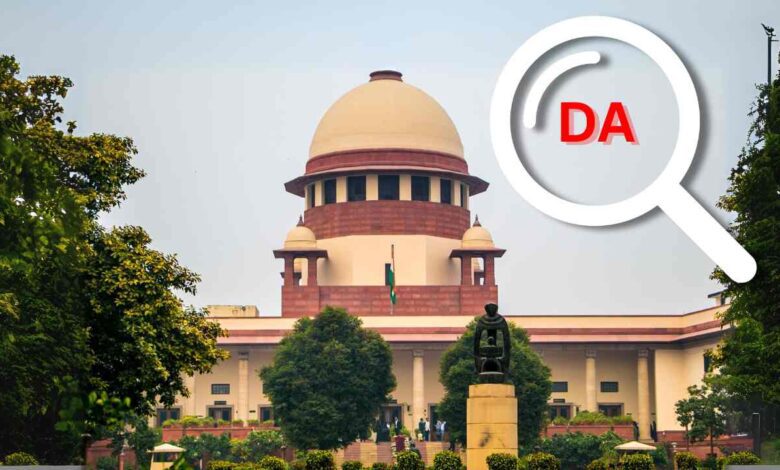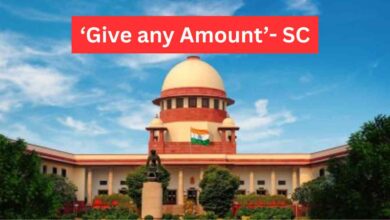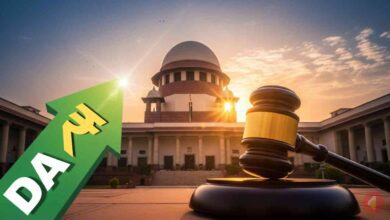DA Case Today: Dearness Allowance Case Today! Supreme Court’s Verdict and the State Government’s Position

DA Case Today: The Dearness Allowance (DA) case for West Bengal state government employees has taken a new turn. While a recent Supreme Court directive has brought a ray of hope among the employees, there is uncertainty regarding the state government’s next move. In this report, we will discuss the latest situation of the DA case, the Supreme Court’s order, and the state government’s stance in detail.
The Supreme Court’s Order
The case regarding the pending Dearness Allowance for West Bengal’s state government employees has been ongoing for a long time. The state government had challenged the Calcutta High Court’s verdict in the Supreme Court. Finally, the apex court has issued a significant directive in this matter.
- Partial Payment of Arrears: The Supreme Court has directed the state government to pay 25 percent of the employees’ pending dearness allowance arrears within six weeks.
- Final Hearing: The final hearing of the case is scheduled for today. It will be decided today whether the employees will receive DA at the central rate, and if so, from when and how much.
- Court’s Observation: The court observed that there was no error in the High Court’s judgment and that it could have dismissed the state’s petition but is granting time for a final settlement.
The State Government’s Position
Following the Supreme Court’s order, the state government has cited a financial crisis. According to them, it is not possible to pay the outstanding DA at this moment as it would put excessive pressure on the state treasury.
- Financial Incapacity: The state government’s lawyer, Abhishek Manu Singhvi, informed the court that it would be difficult to run the state if a large amount of arrears were paid at once.
- Discretionary Matter: The state argues that DA is not a fundamental right of the employees but a discretionary matter. Therefore, the state is not obligated to pay DA at the central government’s rate.
- Own Regulations: The state also mentioned that it determines DA according to its own ‘ROPA 2009’ rules and that the central rate is not applicable as the financial structures of the central and state governments are different.





